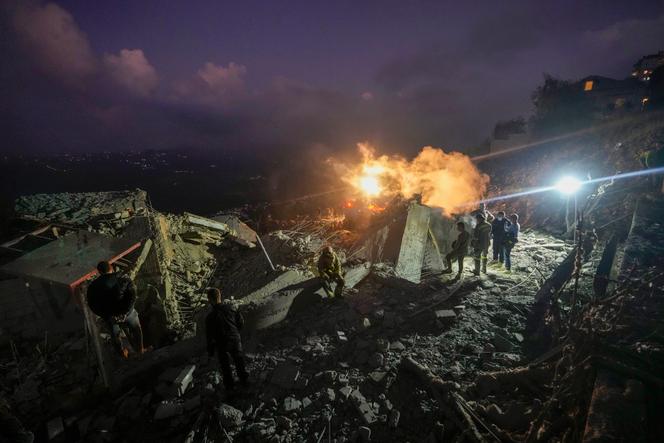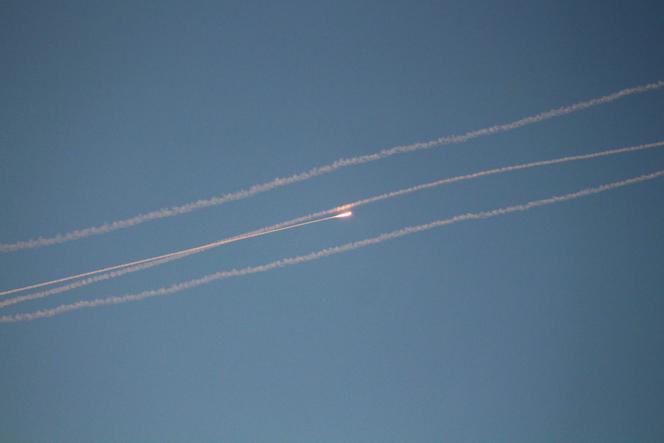


Israel's aerial bombardment claimed 33 lives across Lebanon on Tuesday, striking populations already displaced by the escalating confrontation between Israel and Hezbollah. This latest wave of strikes marks a significant shift in Israeli military strategy.
The offensive extended beyond Hezbollah's traditional strongholds in Beirut's southern suburbs, reaching areas previously untouched by the conflict, where the Iran-backed Hezbollah has historically maintained no significant presence. This geographical expansion of operations raises concerns about a potential widening of the conflict.
The health ministry declared "the Israeli enemy raid on Joun (...) killed 12 people and wounded eight," in the strike on a town south of Beirut. It also added that a strike aimed a few kilometers further north, in the mountainous Aley region east of the capital, killed eight people.

In the south of the country, the ministry reported strikes on the towns of Tefahta and Roumin killed seven people. Attacks on the Hermel region in the Bekaa Valley in the east of the country bordering Syria killed another two people. Nabatiyeh, the largest city in the south, again came under attack. Last month, Israeli strikes razed its historic marketplace and killed the mayor.
Hezbollah, meanwhile, said it fired missiles at an air base near Tel Aviv, following a wave of Israeli air strikes on the group's south Beirut bastion. Israel reported two people killed in the northern town of Nahariya by rocket fire from Lebanon.
More than 3,300 people have been killed in Lebanon since the clashes began last year, according to the health ministry, the majority of them since late September.
